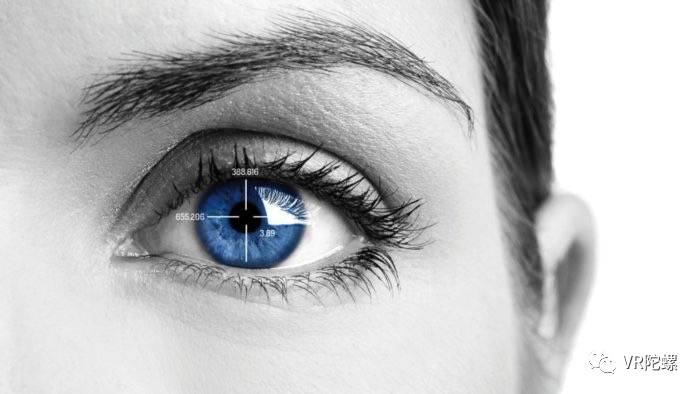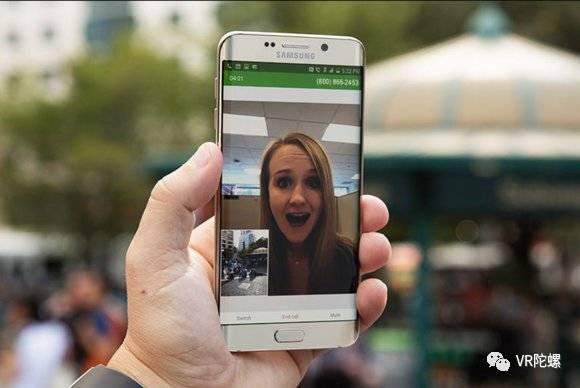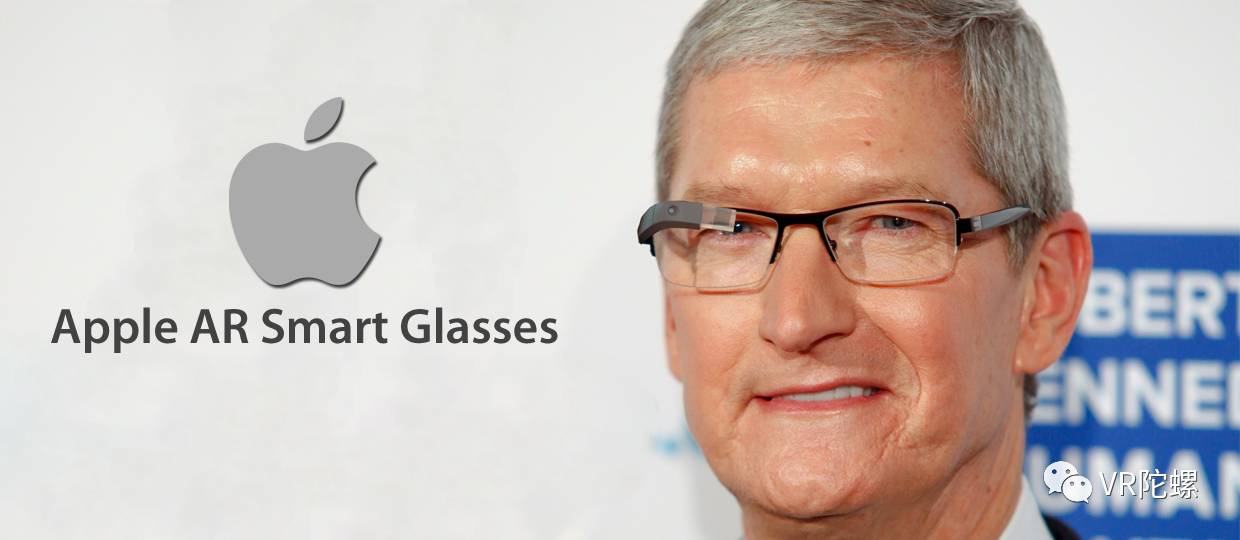This article is intended to alert the scammers that one of the most overlooked features of the combination of AR and AI is lie detection.

Smartphones and smart glasses will soon support applications that show in real time whether the person you are talking to is telling the truth or lying. Imagine how this will affect business meetings, sales presentations, job interviews, and departmental updates. (not to mention political speeches)
Of course, you don't have to imagine it soon, because the real application is coming soon.
The new role of future polygraphs: AI
An outdated polygraph that measures blood pressure, breathing, and other physiological indicators to measure the stress index during the hearing. The user of the polygraph will first obtain an index of the basic reaction by asking the question, and then observe the fluctuation of the pressure value through subsequent questions.
However, polygraphs have always been unreliable and controversial. These instruments must be managed by experts, expensive and must be used in a tightly controlled environment. Even so, the results of the polygraph are not used as a result of legal effects in courts in the United States and the United Kingdom.
But the future of polygraphs is AI.
AI can use a variety of human body data and "signals", including eye movements, facial expressions, body movements, sound tones, etc., to estimate the credibility of a person's words.
In fact, polygraphs are just one of the applications of sentiment detection. When AI can tell whether a person is happy or sad, troubled or stressed, it can detect changes in the conversation and find out whether the changes are due to psychological fluctuations or stress caused by lying. .
Since many companies are currently developing lie detector AI, including universities and government, we can foresee that this feature will be more widely used in the next two years, while the price will be reduced.
Lie Detector AI is in its infancy, but still needs to be refined
In fact, there is already a polygraph AI on the market.
Human, a UK-based company, has created a technology that can detect people's emotional state in smartphones and security videos. The company believes that this technology can bring benefits to businesses in many ways, from recruitment to fraud detection to customer satisfaction analysis. The company also said that this technology can be used to identify potential customers because AI technology can analyze their personality traits.

Converus, based in Utah, USA, developed a product called EyeDetect that identifies lie by monitoring the expansion of the pupil. (The pupil will enlarge when lying, because lying consumes more energy than telling the truth)

EyeDetect has been used for recruitment and bank fraud detection, and has also been used by the police to replace lie detectors.
The government is also developing a polygraph AI.
Remember that airlines always ask if you are carrying your own luggage, or have someone asked you to pack their luggage? Until today, the airport customer service around the world will ask you about the purpose of your trip and what you bring.
Of course, these problems are simply furnishings, because people will lie. Suppose people can't lie? If the airport staff can ask you any questions, then you can immediately know if you are lying or telling the truth?
Researchers at the US Department of Homeland Security and the National Center for Border Security and Immigration at the University of Arizona are testing something called "automatic real-time polygraph virtual assistant." This device is like an ATM, where the virtual assistant will ask questions about security and then alert real employees when a lie is detected. This system will observe the passenger's body posture, eyes, voice and other behaviors that can reveal lies.
Future direction: silent detection
But these initial efforts are very different from what is coming.
First of all, today's polygraph AI is much worse than the technology behind it. For example, EyeDetect is only 86% accurate. This is much more accurate than humans and even human experts (such as police detectives), but within a few years, the accuracy of polygraph detection will increase to more than 90%.
Second, these products are not well known and are not widely available. Most companies have not heard of these products. But soon, mainstream, cloud-based lie detection AI applications will be launched, many of which are aimed at corporate users' recruitment, fraud prevention, and so on. AI lie detection will also become more of a feature than a product, and be incorporated into enterprise software or video products.
Third, most of the current polygraph products are very expensive and require training for operators. In the future, polygraph products will exist in the form of applications in mobile phones, desktop computers and, ultimately, smart glasses.
Today, lie testing usually occurs in specific, limited situations, including job interviews, crime investigations, and airport security checks. In these cases, the subjects knew they were undergoing testing and that the test could only be a short and specific conversation.
In the future, smart glasses will become mainstream, and polygraph applications will be widely used and recognized without training or expertise. When someone is lying or telling the truth, your glasses will use simple colors, such as a red light, to remind you if this statement is a lie.
The AI ​​will detect so-called passive lies, especially if the subject is not connected to any device. Because it is passive, it is unlikely to be discovered. For example, a polygraph connected to a smart eyewear or video conferencing system can be made without anyone knowing it except the user.
Over time, the polygraph AI will be used reasonably in common business scenarios such as interviews, conference calls, and sales presentations.
Apple arrival: AR glasses will become the carrier of polygraph AI

The arrival of AR smart glasses will be faster than we think.
Bloomberg reported this month that Apple's production partner, Quanta Computer, signed an agreement with an Israeli company called Lumas to produce lenses for smart glasses.
Although Apple and related companies in the report have not announced whether the co-production lens will be used for Apple's smart glasses, but according to the Economic Daily, Apple is working with Quanta to produce smart glasses.
Apple is an important leading indicator in this category because it often indicates the mainstream acceptance of the consumer and corporate markets when it enters a market. Apple smart glasses are likely to be backed by a powerful app store. If there is any indication of iOS developer-specific ARKit, building a powerful AR application will be fairly easy.
Silicon Valley's current forecast is that Apple AR glasses will ship within three years and will trigger an explosive growth in application development, some of which will be AI lie detectors.
Post-lie world: no lie
The purpose of this paper is not to address the ethical or social impact of widespread lie detection. What is certain is that it will have both good and bad effects and may trigger disruptive changes in business communications.
To be sure, universal, accurate and cheap lie testing is getting closer to your conversation or business meeting. It will appear on TVs, webcams, and offices and boards. The most impactful thing is that it will be placed on you and on the glasses of the person you are talking to.
This is the truth.
Portable Projector With Battery
The so-called Portable Projector, also known as pocket projector, mainly through the 3M LCOS RGB three-color projector and decoding technology, the traditional huge projector is refined and portable, making the projection technology closer to life and entertainment. A portable projector with a battery is a projector that does not need to be charged.
The most prominent advantage of a portable projector with a battery is that it can be used directly without being connected to a power source. You can take it to play or travel outdoors. It is very convenient. As long as you charge it well before going out, it will take time to watch a movie. There is absolutely no problem.
If you are traveling for business or personal use, you can indeed try a portable projector with a battery, it will make your life more convenient and better.
Portable Projectors With Battery,Best Portable Mini Home Projector 2022,Battery Powered Mini Projector,Portable Projector with Built-in Battery,Best Budget Projectors with Built-in Battery
Shenzhen Happybate Trading Co.,LTD , https://www.happybateprojector.com
